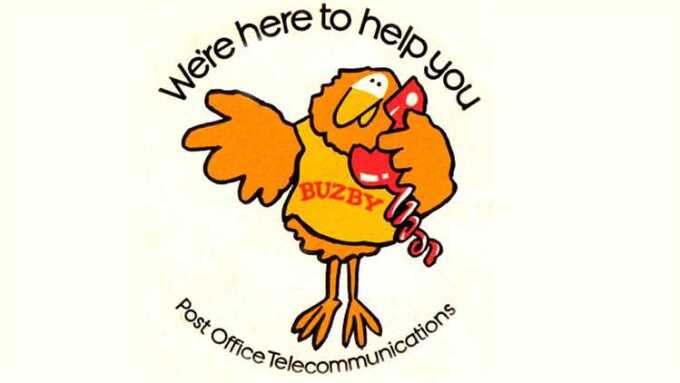Blog
-
Marynet Bassily, director of procurement and supply chain, EMEA at Vantage Data Centers, explains how she has overcome many obstacles to establish a career spanning construction and telecoms – and how she is encouraging her company and the wider industry to focus on inclusivity
-
Microsoft has quietly added voice calls to its Teams package. now, no one will need a fixed-line phone on their desk, writes Alan Burkitt-Gray
-
Leading OTT players know that extra capacity gives an in-region advantage. Jim Fagan, chief strategy and revenue officer at Global Cloud Xchange writes
-
From ageing infrastructure to on-demand energy models, Terry Storrar, MD of Leaseweb UK, writes about the new quick wins improving data centre sustainability
-
While many believe satellite and fibre will save the day for unconnected Africa, Wim van Thillo, CEO and co-founder at Pharrowtech, has another suggestion
-
With the exploding use of APIs to drive new partnerships and services across all markets, the demand for a compliant, core-and-edge data centre platform which can bring diverse sectors together will skyrocket.
Forthcoming events
-
Like lobsters in a kitchen who wonder what that big pan of boiling water is for, many service providers with large enterprise business contracts may have noticed recent news about more organisations adopting zero-based budgeting (ZBB).
-
A number of carriers have signed up to Facebook’s latest initiative, Telecom Infra Project (TIP), which aims to encourage the development of new telecoms networking hardware.
-
What a difference 12 months can make. Industry conversations at 2014’s Mobey Day (Mobey Forum’s annual open conference for all mobile money stakeholders) told of an industry undergoing major disruption. Just 12 months later toward the end of 2015, the industry vibe had changed almost beyond recognition, particularly in the mobile payments arena. Consternation, hesitancy and all-out frustration had given way to optimism. Last year’s disruptions have become this year’s tools of liberation, enabling banks, finally, to make progress.
-
For an industry that has only been around for 120 years, telecommunications has seen a lot of change. In a short period of time we have gone from the basic telephone exchange in the 1880’s right through to services like HD video calling that we are used to seeing today. It’s no surprise that over this time the language we use in telecoms has also been modified and transformed.
-
The world is getting more connected and network infrastructures are under pressure to meet increasing demands for connectivity. As a result, service providers (SPs) are being forced to enhance their networks and many go out to market in search of networking technology advancements and associated next-gen management tools.
-
Subscribers are becoming more and more demanding. They expect personalised offerings, ubiquitous access, broad choices and a reliable, seamless experience. Meeting these needs requires a fundamental rethink of a service provider's CEM (Customer Experience Management) infrastructure.
-
Telecoms in 2015 can be summed up in the following words and acronyms: blockbuster, data privacy, reviving traditional revenue streams and SDN.
-
CamTel is backing a new project to lay a submarine cable directly to Brazil, one of a number of moves to position Cameroon as a new hub in western Africa.
-
Asia’s Luzon Strait is congested, and a number of operators are supporting projects that are looking at alternative routes for cables via the south Philippines, to destinations across south-east Asia and on towards the US mainland.
-
Telecoms emerged from an era of government ownership and control to an industry that stressed privatisation, liberalisation and competition. The government was in the way and, in most places, it got out of the way. You can’t turn back the clock: the era of national telecoms policy, price ceilings and profit controls is over. Or is it?
-
Extracting more capacity and achieving enhanced differentiation in subsea transmission, Geoff Bennett, director of solutions and technology, and Benoit Kowalski, director of subsea, Infinera continue to explain in part two.
-
Emerging markets. It’s a term that keeps financial analysts, strategists and decision makers at global conglomerates up at night. It’s a term that’s often paired with the word, ‘growth’. Markets that are classified as emerging markets are referenced in detail when planning for the future and hence, in big business, there is no term that holds more reverence.



















